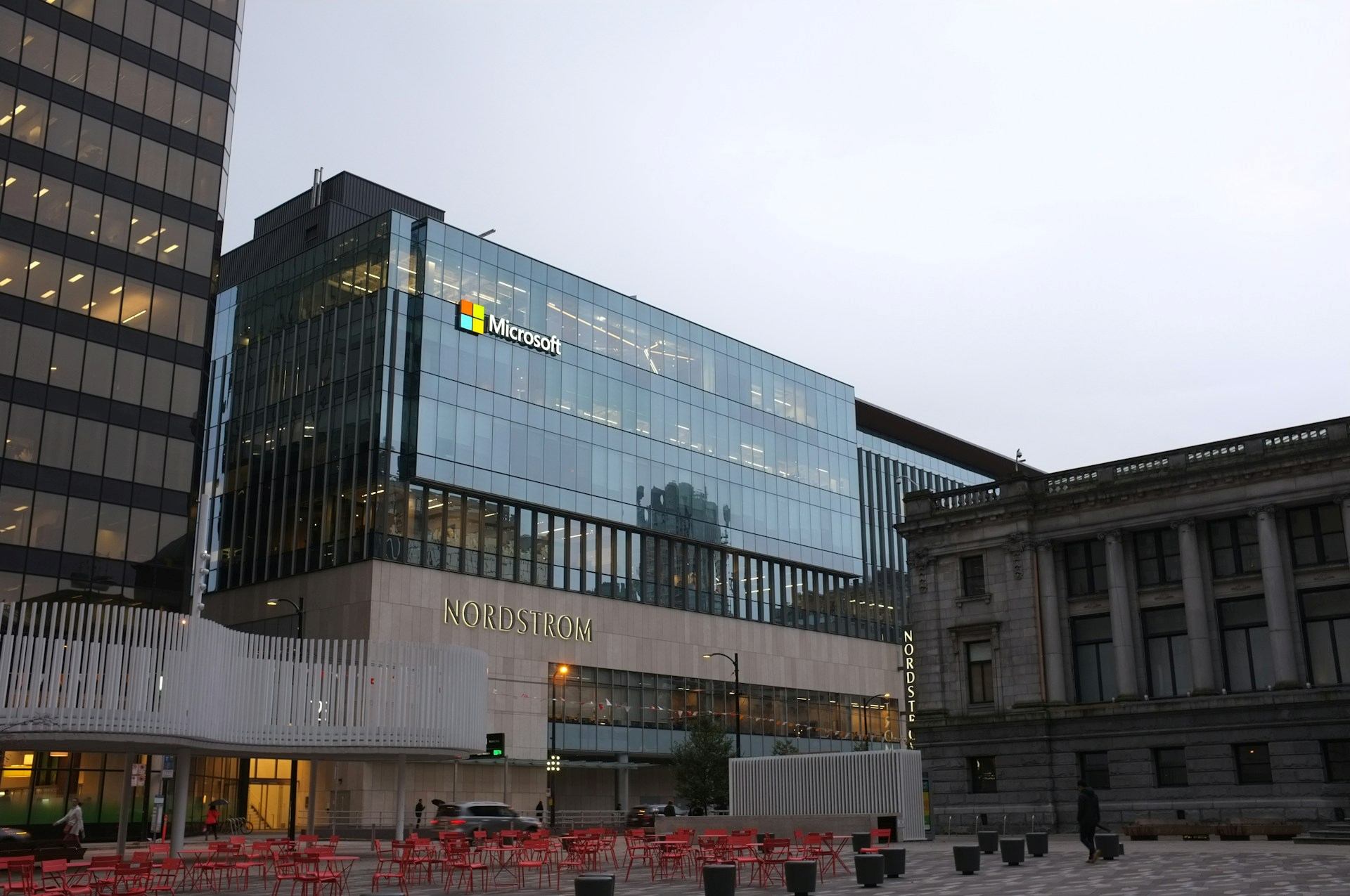Microsoft has significantly expanded the capabilities of its 365 Copilot suite by introducing two new AI agents—Researcher and Analyst—designed to perform complex tasks in research and data analysis. The new tools, announced this week, aim to provide enterprise users with more autonomous and intelligent productivity features directly embedded within Microsoft’s ecosystem.
The Researcher agent is powered by a specialized deep research model developed by OpenAI. It’s designed to execute multi-step research tasks that would traditionally require hours of human effort. Users can connect Researcher to external platforms like Salesforce, ServiceNow, and Microsoft’s internal Graph data to pull insights from disparate data sources. The agent can be used to draft go-to-market strategies, compile competitive analyses, or summarize client interactions with impressive speed and depth.
Meanwhile, Analyst is tailored to meet the growing need for sophisticated data interpretation and reporting. Built on OpenAI’s o3-mini reasoning model, Analyst can ingest raw data, run Python scripts, and generate detailed analytical reports that mirror the work of a data scientist. Importantly, Microsoft has added transparency features that allow users to view and audit the code that Analyst executes—addressing concerns around AI-driven decision-making in enterprise environments.
Both tools are part of an early access rollout beginning in April for Microsoft 365 Copilot license holders. Microsoft is also enhancing Copilot Studio with new autonomous agent features that can manage long-running, complex workflows—further positioning Copilot as an AI-powered operations engine for businesses.
With this upgrade, Microsoft continues to stake its claim in the productivity AI space, differentiating itself from rivals by deeply integrating advanced, task-specific AI capabilities into familiar tools like Word, Excel, and Teams. As enterprise users increasingly seek out AI that not only automates tasks but adds genuine strategic value, Microsoft’s Copilot expansion reflects a broader shift toward intelligent workplace augmentation.


